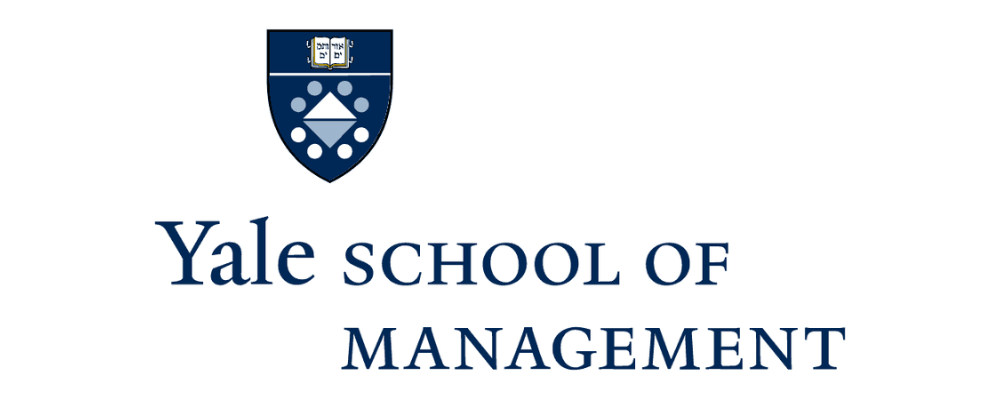
How prevalent are bots as the 2024 election nears?
Today’s bots are much more sophisticated, capable of creating and posting original content that makes them seem convincingly real. This technological leap means that, in the current election cycle, bots have the potential to be far more persuasive and impactful than before.
Bots have been a concern in major elections since 2016. Initially, they were relatively straightforward to identify, mainly serving as content amplifiers to exploit platform algorithms. However, advancements in generative AI have significantly evolved the landscape. Today’s bots are much more sophisticated, capable of creating and posting original content that makes them seem convincingly real. This technological leap means that, in the current election cycle, bots have the potential to be far more persuasive and impactful than before.
In the past, fake accounts exploited the polarization within the U.S. electorate to sow further division, enhancing partisan suspicion and dislike. Now, as our society has grown even more polarized, we find ourselves even more vulnerable to such manipulative tactics. The ability of these advanced bots to generate original content and blend seamlessly into the social media landscape presents a heightened challenge. It’s not just about the sophistication of the technology but also about the timing; our increased polarization makes us more susceptible to influence, making the potential for disruption greater than ever before.
Has generative AI changed the game?
AI has indeed revolutionized the digital landscape in ways more profound than many realize. The creation of convincingly real fake content—text, images, and imminently, video—has democratized the ability to produce high-quality content at an unprecedented scale. This advancement alone significantly alters the dynamics of content dissemination and consumption.
However, the implications extend far beyond mere content creation. Today’s AI can comprehend and analyze content, providing the capability to tailor messaging with astonishing precision. Imagine collecting social media posts, both text and images, from a targeted demographic. AI can now analyze this data to craft content specifically designed to influence those individuals. This enables messaging to be hyper-targeted, not just broadly disseminated.
Consider managing several accounts, each tailored to interact with specific demographic groups. AI enables the crafting and implementation of a unique messaging strategy for every segment, subtly guiding them toward a desired outcome or preference. What’s more, AI can independently identify the most compelling targeting strategies, enhancing both the efficiency and subtlety of these efforts. Adding another layer to the complexity—or sophistication, depending on perspective—is AI’s capability to autonomously generate these accounts, complete with convincing profile pictures, biographies, and other details that maximize their appeal and persuasive potential. This process is informed by analyzing the target audience’s content, enabling AI to construct an account that resonates strongly with its intended audience.
This level of targeted persuasion, powered by AI’s content creation and analytical capabilities, represents a paradigm shift in how digital campaigns are conducted. It underscores the urgent need for ethical guidelines, transparency, and regulatory measures to safeguard the integrity of digital discourse and protect individuals from manipulation.
How are the platforms doing at combatting misinformation?
Platforms are making concerted efforts to address the proliferation of fake accounts, leveraging a blend of human intervention and AI technologies. Yet the battle against misinformation becomes increasingly challenging as AI technologies evolve. For example, Meta has committed to labeling AI-generated images across its platforms. Despite this, recent findings suggest that accounts distributing AI-generated content might inadvertently be amplified by the platform’s algorithms. It’s a constant tug of war, with content creation technologies advancing rapidly. The onus is now on detection algorithms to evolve and adapt swiftly. The current state underscores a critical phase in this ongoing battle, where the sophistication of content generation has surged ahead, necessitating significant advancements in detection capabilities to maintain parity.
“The Yale School of Management is the graduate business school of Yale University, a private research university in New Haven, Connecticut.”
Please visit the firm link to site



